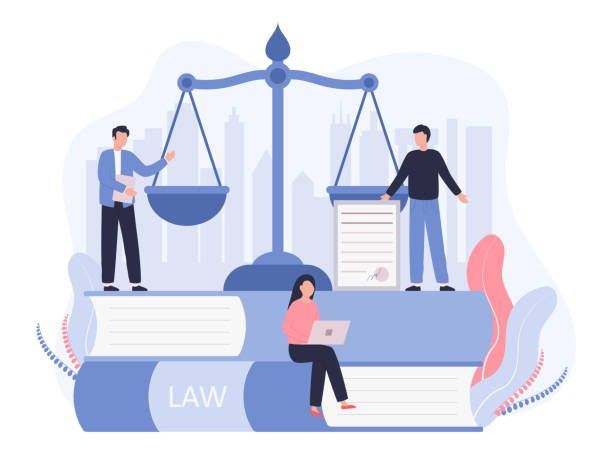Interactions between law enforcement and criminal legal systems with people with disabilities are occurring more frequently, highlighting the inaccessible and inequitable nature of the criminal legal system for people with disabilities. The overreliance on policing, coupled with the underinvestment in health care and housing services, particularly harms Black people and communities of color. A lack of understanding of many disability-related behaviors and the law enforcement response to these behaviors often results in deadly and tragic consequences for people with disabilities.
People with disabilities encounter the criminal legal system as victims, witnesses, and suspects/defendants. Statistics clearly indicate that more individuals with disabilities are entering juvenile justice facilities, jails, and prisons at higher rates than their peers without disabilities. Many are placed in such settings wrongfully, and black and brown individuals with disabilities experience this at an even higher rate. They are also entering the criminal legal system due to failures in the educational and social service systems when early and accurate identifications of IDD are not made and essential services and supports are not provided, which can result in criminal justice involvement later in life. This issue has become more public as the press has documented numerous disturbing but typical incidents.

